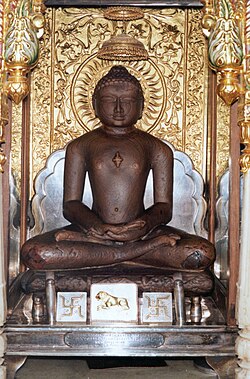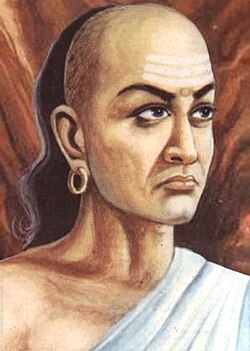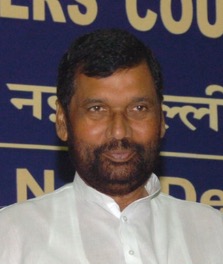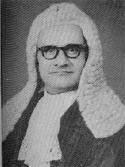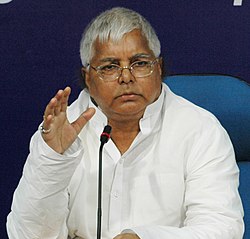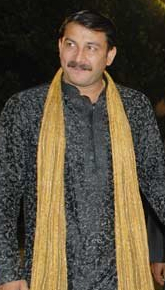This is a list of notable people from Bihar, India .
Contents
- Deities and avatars
- Ancient
- Medieval rulers
- Buddhist figures
- Sufi saints
- Nationalists and independence activists
- Writers and scholars
- Journalists
- Authors
- National and international award winners
- Military Gallantry Award winners
- Param Vir Chakra
- Ashoka Chakra
- Holders of high constitutional offices
- Presidents of India
- Presidents of other countries
- Vice-Presidents of other countries
- Prime ministers of other countries
- Attorneys general of India
- Advocate General of state of Bihar
- Governors of Indian states
- Governor of Reserve Bank of India
- Lieutenant governors of other states
- Speakers of Lok Sabha
- Chief justices of India
- Chief ministers
- Deputy chief ministers
- Members of Lok Sabha
- Members of Rajya Sabha (2022)
- Spokesperson
- Politics
- Entertainment
- Film directors
- Actors
- Actresses
- Singers
- Music directors
- Arts
- Religion
- Mathematics and science
- Sports
- Bureaucracy
- Business
- Others
- References

